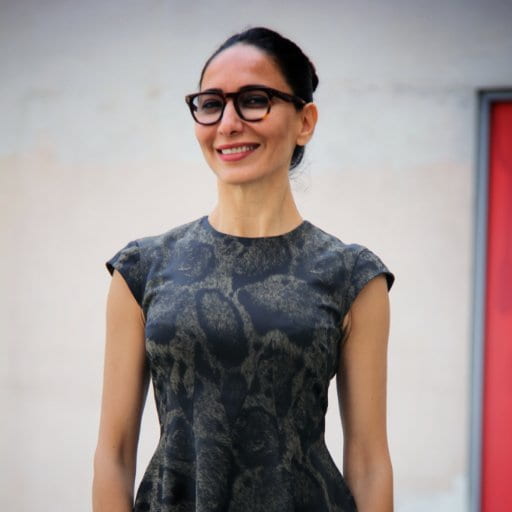4/20/2022
Early Warning and Responses to Hate Speech and Divisive Narratives in Fragile and Conflict-Affected Contexts

Vefa Veisalova
Corporate Communications and Strategy Expert
Dr Vefa Veysalova is a high-calibre corporate communications and strategy expert with more than 25 years of hands-on international and leadership experience from established extractive and media companies. Her core expertise is in media and reputational issue management, strategic and crisis communications, reputation management in challenging stakeholder environments, and international media profiling. Vefa’s achievements include: Successfully managed Statoil’s (Equinor) communications and stakeholder engagement for high profile projects in Europe and Asia region (Shtokman and Shah Deniz projects); Produced BBC feature programmes on the politics of energy across Europe, which covered the Nord Stream 1 project and engaged industry and activist (WWF) perspectives; Initiated Statoil’s assessment of its contributions to the Sustainable Development Goals (SDGs), which was one of the first such exercises for an energy major; Effectively raised the regional and international profiles for client businesses leading to direct commercial dividends. As a consultant, she supports clients on strategic communications, public dialogue, and trust-building – most recently for Nornickel (Russia). Vefa holds a doctorate in Linguistics from the Azerbaijani University of Languages. She works in English, Russian, Turkish and Azerbaijani

David Nyheim
Executive Chairman of International Conflict and Security (INCAS) Consulting Ltd.
David Nyheim is the Executive Chairman of International Conflict and Security (INCAS) Consulting Ltd, which works at the nexus of sustainability, peace and security. He has worked over the 25 years on conflict resolution, political mediation, corporate risk and issues management in over 30 fragileand conflict-affected countries. David was part of the very first non-governmental dialogue efforts 16 between Chechen proxies and the Russian government during the late 1990s, process designed and implemented effective national and sub-national dialogue in Georgia, Indonesia, Mauritania, Fiji, and Kyrgyzstan, and successfully helped companies resolve disputes with communities and armed groups in Nigeria, Iraq, and Guinea. He is a published author on several topics within the peacebuilding field and his research on conflict early warning is widely cited. He is a pre-approved member of the specialised Mediation Roster of the United Nations Department of Political and Peacebuilding Affairs, and the Crisis Prevention and Response Roster of the United Nations Development Programme. Before joining INCAS, David held several policy-, programme-, and research positions, notably with the European Community Humanitarian Office, the Catholic University of Louvain, London School of Hygiene and Tropical Medicine (LSHTM), International Alert, and the Forum on Early Warning and Early Response. David is trained in economics and epidemiology (London School of Economics and LSHTM), political science (McGill), and has tried his hand at medicine (Louvain). He is a Norwegian national, speaks English, French, Italian, and Norwegian.
Abstract
This presentation looks at how hate speech has (or not) been considered as part of different types of early warning systems. It raises some of the conceptual and analytical challenges for early warning systems in relation to hate speech. Hate speech is then placed within the context of dominant and alternative narratives in fragile and conflict settings. A broader narrative framework is provided, which distinguishes between strategic, operational and tactical narratives on the one hand, and dominant and alternative narratives, on the other. Such a framework provides a useful basis for early warning systems to better integrate hate speech and divisive narratives into their analysis conflict and to identify entry-points for response.

